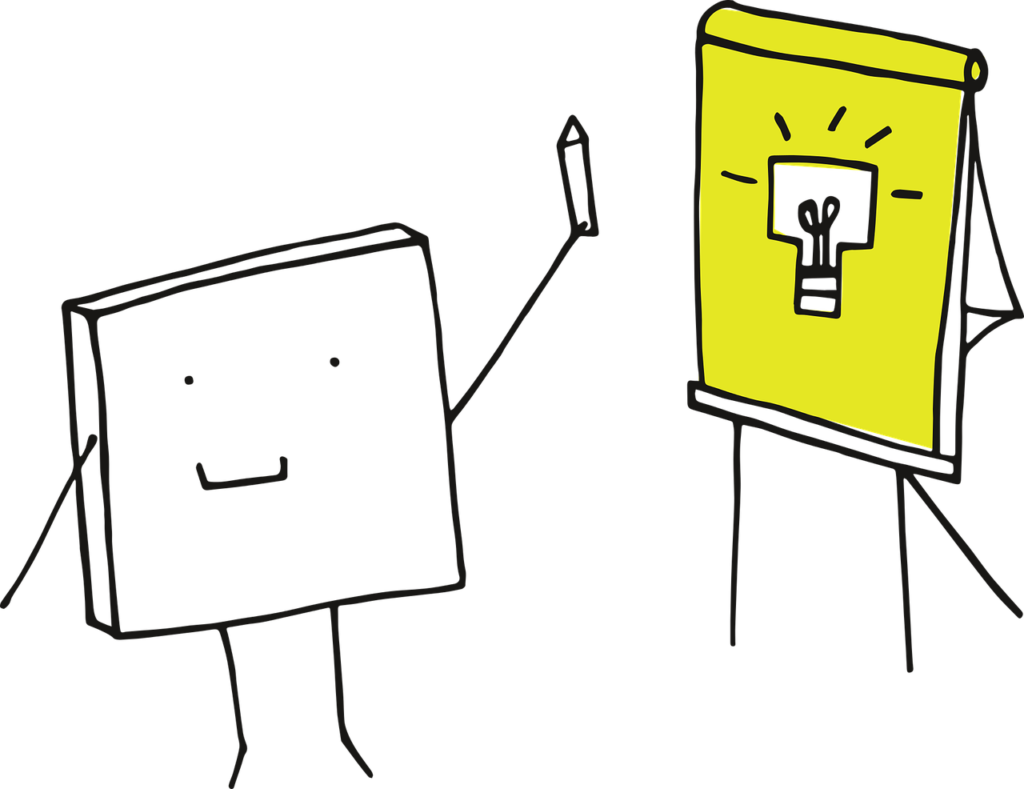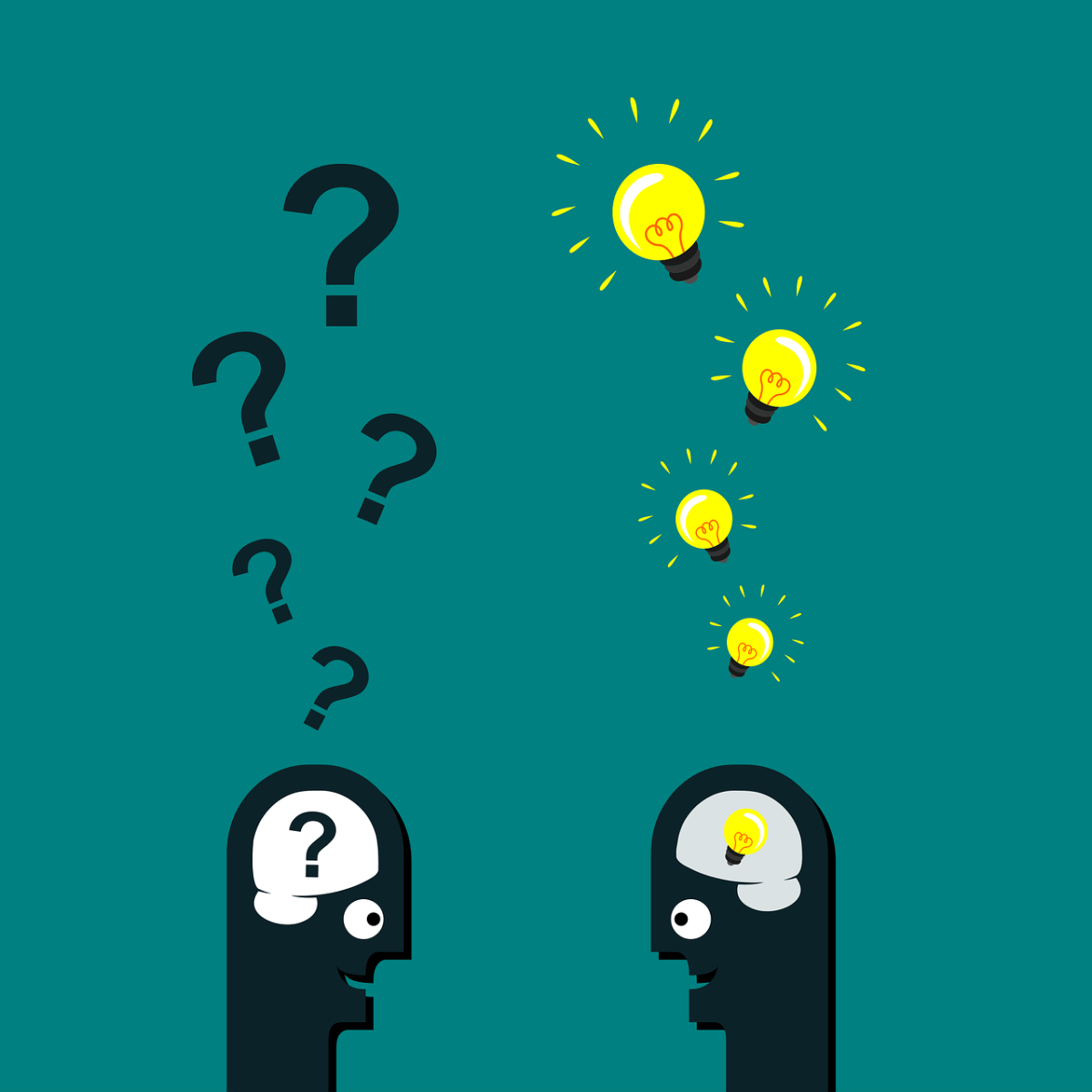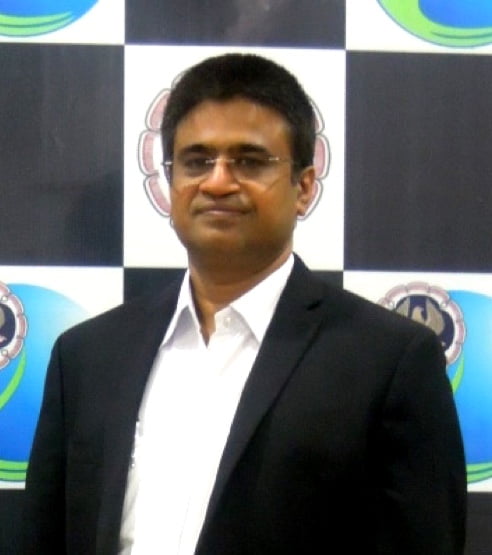“Philosophy” is derived from the word “Philosophia,” which means ‘love of wisdom.’ The discipline is all-inclusive and deals with the nature of reality, life, existence, ethics, mind, and consciousness, language, religion, metaphysics, science, and almost all areas we can think of.
Academic Philosophy is divided into these 5 categories:
- Metaphysics: Study of Being/Existence/Reality.
- Epistemology: Study of Knowledge.
- Moral Philosophy or Ethics: Study of Action.
- Logic: Study of Valid Reasoning.
- Aesthetics: Study of Art.
The thing about philosophy is that it can be applied to every discipline. The subject is becoming increasingly important in today’s world where we are bombarded with information, while we starve for wisdom.

Also, Philosophy is unavoidable, whether we study the subject or not, we are most of the time philosophizing. That said, as a discipline Philosophy is about critical thinking and it deals with all the greater questions/ideas in existence.
In a nutshell, philosophy encourages us to take a deeper look and understand why things are the way they are and if they could be any different or better. That’s how progress is made.
Beginning with belief and truth, I will share nine important philosophical distinctions in this series. If you are a beginner, these will surely help you to be philosophically sound in your readings.
Beliefs and Truth

The simplest difference between belief and truth is that truth is objective, it’s the same for everyone every time. Whereas, belief is subjective. It is different for different people at different times.
Plato’s justified true belief describes that to know that a belief is true, one must not only believe the relevant true belief but also have justification for doing so.
Every human being is found doing only what he believes is correct behavior. Thus, having our beliefs validated is important. Holding false beliefs is potentially harmful to oneself and the world.
Beliefs are of different types. Sometimes they are called opinions, sometimes thoughts, sometimes they’re called viewpoints. When verified, they are called true beliefs. For instance, here are some true beliefs:
- Humans are social creatures.
- Life on earth needs water and sunlight for survival.
- There is an abundance of resources on earth.
Then there are things we think about reality. These are our individual beliefs or sometimes our opinions. For instance:
- We may believe that Paris has a better culture than New York. (Opinion)
- We may believe that life exists on Jupiter.- (Belief)
- We may believe that capitalism is the best economic system. (Belief)
It’s obvious that individual beliefs and opinions do not ALWAYS correspond with reality. When our beliefs fail to correspond with reality, we call them false. When they succeed in corresponding with reality, we call them true.
To Sum Up,
There’s a way existence is, independent of our perception. Existence is reality, and knowing the existential reality in its true form is what we humans are supposed to be doing.

Education, culture, and personal experiences shape our belief systems that create our collective human reality. Various belief systems that humanity has built till now all need to be questioned and aligned with reality.
We have the faculty of imagination to modify, adapt, and upgrade our belief systems. From inhuman behavior and mindset, we will need to take our beliefs to the human level. That is how nature has shaped us human beings. Understanding existential human behavior and aligning ourselves with the same is the way to awaken to the truth and do away with all the false beliefs.
Catch you in the next part of this series, where we will understand the difference between perceived reality and existential reality.



